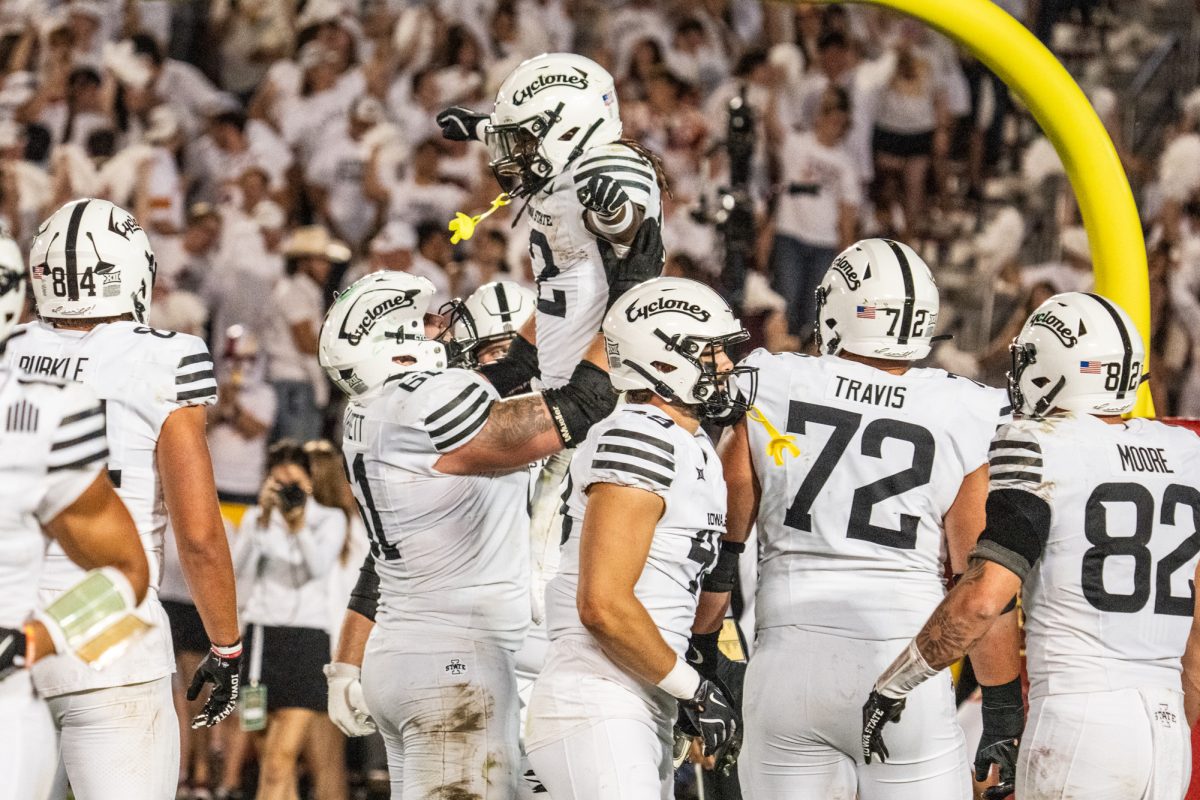Local police disapprove of stricter OWI laws
March 10, 1999
The State Legislature does not anticipate voting on a new bill that would lower the legal blood-alcohol level from 0.10 to 0.08.
Senate Majority Leader Stewart Iverson (R-Dows) said he has spoken with law enforcement officials about the issue.
He said they see it as unnecessary and will not be launching a big push, according to an article by the Associated Press.
Law enforcement officials in Ames agreed with Iverson’s assessment.
“I think the laws are pretty stringent as they stand now,” said Sgt. Randy Kessel of the Ames Police Department. “I’m not sure if changing the level to 0.08 would get more arrests.”
Kessel said field sobriety tests would have to be enhanced if the level was changed to 0.08.
“We’re very well trained in spotting OWIs, but if this would go through, we would have a harder time making the charges stick,” he said.
As the law currently stands, the blood-alcohol level can be the sole basis for a drunken driving conviction, according to an Associated Press article.
If a motorist is stopped and given a blood-alcohol test with a result greater than 0.10, a drunken driving conviction is automatic, and the only way it can be avoided is to challenge the test itself.
Iowans’ current drinking patterns are another reason the law does not need to be changed, Kessel said.
“The way people are drinking, when we pull them over, they usually are well over the 0.10 limit,” he said.
Changing the law probably would not make much difference in the number of drunken driving arrests, he said.
Jerry Stewart, assistant director of the Department of Public Safety, said ISU is consistent with drunken driving arrests compared to other communities with the same population and demographics.
“Last year, we had about 173 OWIs,” Stewart said.
Kessel said the Ames Police Department has fairly average numbers.
“We only had 109 OWI arrests in 1998,” he said. “Compared to the 130 arrests we had in 1997, I’d say that’s pretty good.”






